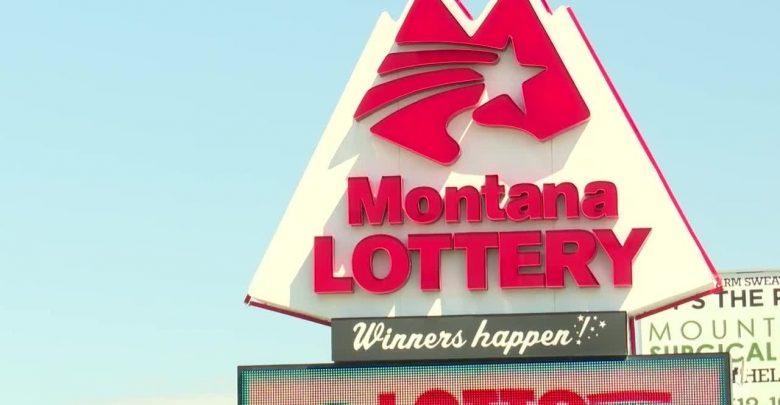Montana Follow DC’s Footsteps, Plans to Hire Intralot

Days after the District of Columbia selected Intralot to manage its sports betting operations, Montana is going to do the same for itself. It won’t come without scrutiny, though.
Just before the end of the weekend, state gaming association leaders attended the Montana Lottery Commission meeting to pose questions on why the agency was considering giving Intralot a no-bid contract for sports betting services.
“You’re awarding a contract that’s worth $4.5 to $6.1 million over the next four years, each year, to a company on a no-bid contract,” Neil Peterson, the Gaming Industry Association of Montana’s executive director told the commission. “I’m hearing rumblings from within the industry that should the commission go ahead and do a no-bid contract with Intralot that you could have some litigation over that.”
The MT Television Network reports that the commission signed Intralot to a seven-year contract to have them oversee lottery gaming back in 2015. Industry reps tried to persuade commission members to float the idea of a sports betting contract around to other interested parties.
Bill History
During the 2019 session, two bills were passed, with only one of them signed. One was sponsored by state Sen. Mark Blasdel (R-Kalispell) which would have given the authority to the Department of Justice to manage sports betting and allowed two sportsbooks and two operators to get their licenses.
Unfortunately, Gov. Steve Bullock, a Democrat, vetoed the bill proposed by Blasdel and instead signed one sponsored by state Rep. Ryan Lynch (D-Butte), giving oversight to the state lottery. In a memo, Bullock said the state should’ve entered the sports betting market more cautiously. The governor also mentioned that the current state lottery infrastructure offers the greatest returns to taxpayers.
“By contrast, the private model could risk favoring market entrants with the most resources to advertise and promote their products,” said Gov. Steve Bullock, a Democrat. “In that environment, competition between well-heeled, international purveyors of gambling could lead to a fragmented market with competing sportsbooks spending most of their profits on acquiring players leaving little margin for return to the taxpayer.”
Bullock also mentioned that he expects state lawmakers to come back to this topic down the road in a couple of years to see if any changes or additions should be made.
Just Like DC
The happenings in Montana come on the coattails of the District of Columbia Council voting to award a five-year, $215 million contract to Intralot to manage their online sports betting operations.
According to a report from Casino.org, “Critics in Washington had sought to stop the award, citing conflict of interest ties between Intralot’s subcontractors and Councilman Jack Evans, the main sponsor of the bill. Critics also questioned why District officials did not open the bidding to other gaming companies in an attempt to find a better value for taxpayers.”
Just like in Montana, the District of Columbia will be using Intralot for its gaming operations, and it’ll be interesting to see how many, if any, other states decide to go this route with the Greek gaming company.





